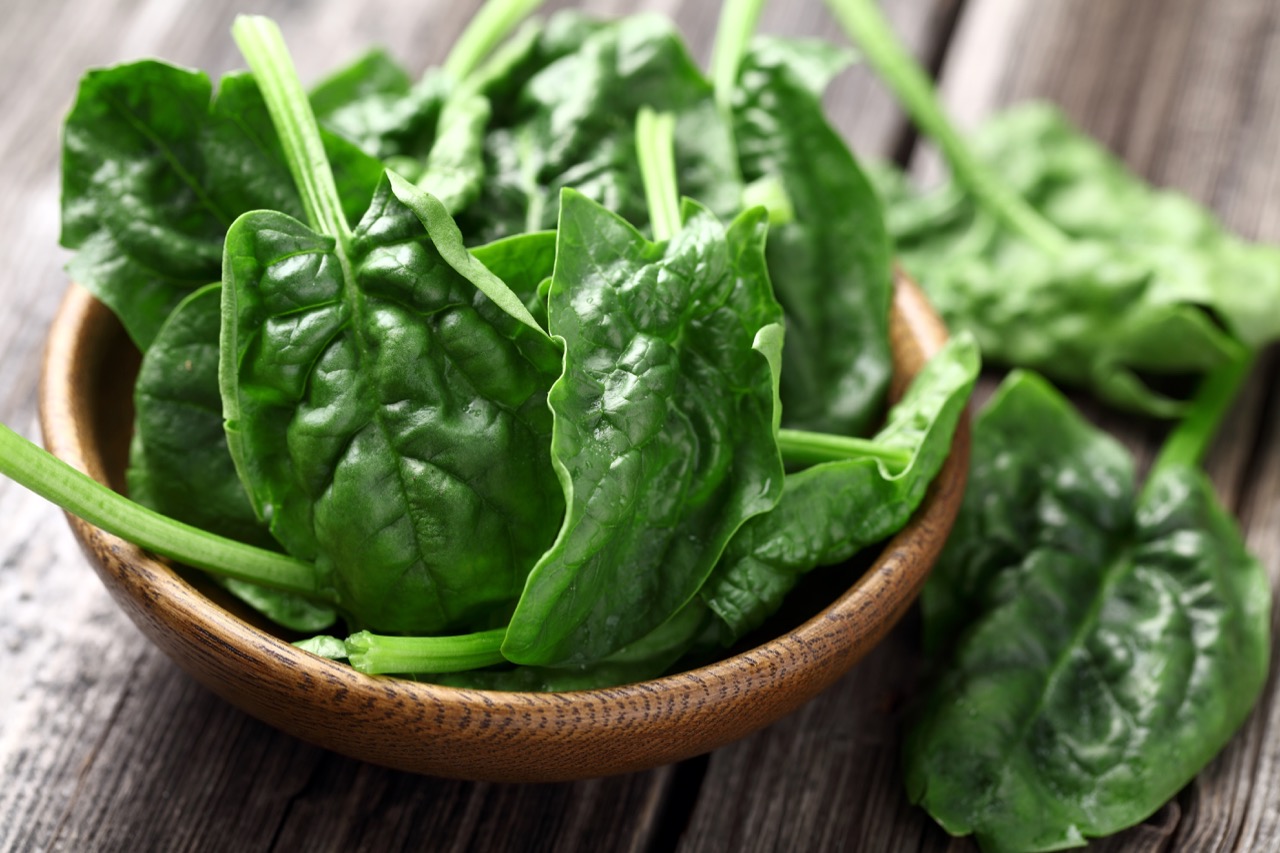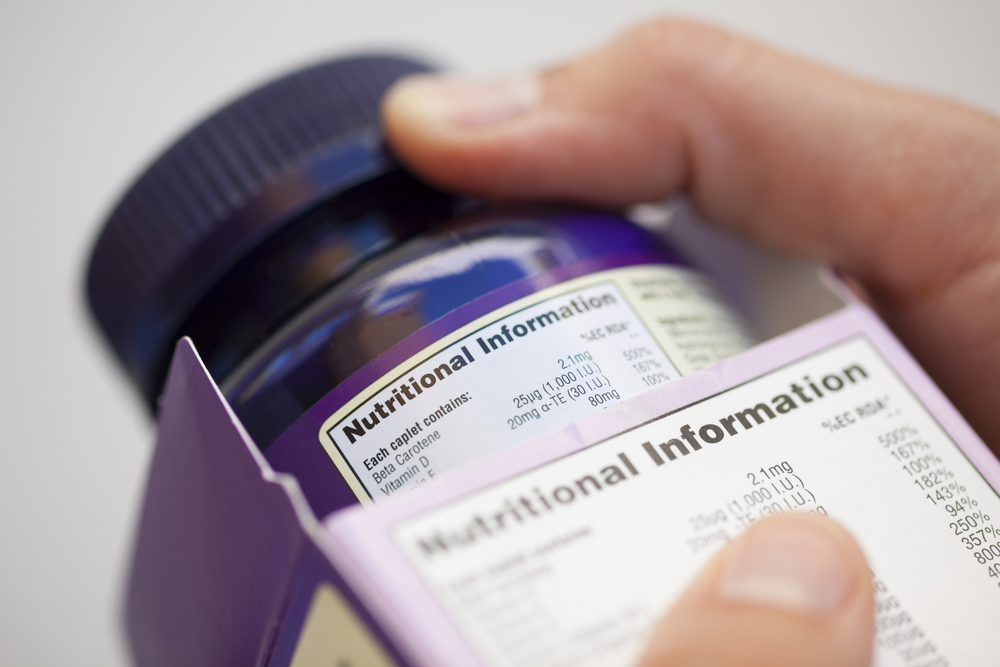Magnesium – Why it can help Performance
Are you looking to boost your performance, gain that competitive edge and improve recovery? Don’t overlook the need for optimal levels of magnesium – even small shortfalls in magnesium intake can inhibit athletic performance.
What’s Special About Magnesium?
Magnesium is the fourth-most abundant mineral in the body, with approximately 60 percent of it found in bone and 30 percent in skeletal and cardiac muscle. It is involved in over 300 biochemical reactions in the body and is crucial for energy production, muscle function, heart health, protein synthesis and insulin metabolism. This makes it of critical importance for physical performance. Yet it can be common for magnesium levels to be suboptimal and this could impact on sport performance and recovery.

Role of Magnesium for Performance
Performance: Magnesium is vital for the conversion of glycogen to glucose – the body’s main fuel during exercise. Without sufficient levels the body switches to anaerobic metabolism resulting in a build up of lactic acid and associated muscle soreness and spasms. This means if you are low in magnesium you are more likely to feel fatigued.
Magnesium also influences protein metabolism making it important for strength and power as well as recovery. Research suggests that ensuring sufficient magnesium is essential for optimal performance.
Bone Health: If you’re concerned about bone health it’s worth remembering that while calcium is important it does nothing without adequate levels of magnesium and vitamin D. Magnesium activates cellular enzyme activity, allowing the body to convert vitamin D into its active form to help with calcium absorption and bone building.
Recovery: Magnesium together with calcium is essential for optimal muscle function. A deficiency in magnesium can result in muscle and nerve twitches, spasms and cramping. Heavy exercisers often experience a build up of lactic acid, shin splints and sore, painful muscles during and after exercise. Having sufficient magnesium helps speed up recovery, reduce fatigue and avoid injuries.
Body Composition: Low magnesium levels will decrease your insulin sensitivity, making it harder for you to lose fat and get lean. So if you are looking to change your body composition make sure you’re getting enough.
Deficiency – why athletes especially endurance athletes are at risk
Magnesium deficiency is actually common and runners, endurance athletes and people who exercise regularly are at a greater risk of magnesium deficiency due to its role in energy production and metabolism. It is also lost through sweat during exercise as well as urine. Various studies indicate that many of us including athletes are failing to consume sufficient magnesium through their diet.
Signs and Symptoms of Magnesium Deficiency
If you experience any of the following symptoms you may benefit from increasing your magnesium levels.
- Arrhythmia of the heart
- Asthma, wheezing
- Fatigue
- Food cravings e.g carbohydrate, chocolate, salt
- Headaches and migraines
- Insomnia
- Muscle cramps and spasms
- Muscle twitching or tics
- Muscle weakness
- Numbness in hands and feet
- Aches and pains after exercise
- Poor recovery following exercise
- Low bone density, osteoporosis
- Feelings of irritability and/or lethargy
- Frequent mood swings, including depression

What Foods Contain Magnesium?
Top food sources of magnesium include unrefined whole grains e.g whole grain cereals, green leafy vegetables (e.g spinach), dark chocolate, nuts and seeds (especially pumpkin seeds, sunflower seeds, macadamia nuts), peas, beans and lentils and soy. Some fatty fish can also provide a reasonable amount of magnesium including salmon, mackerel and halibut. But even if you have a healthy diet studies suggest you may not be getting enough. For example 100-gram) serving of tofu has 53 mg of magnesium which is only about 18% of the recommended daily amount (see below). Pumpkin seeds are higher with 150 mg in a 1-ounce (28-gram) serving (50%).
How Much Magnesium Do I Need?
The UK recommended intake for magnesium is 300mg for men and 270mg for women. The recommended intake can also be expressed in mg/kg and is roughly 6mg per kg of body weight. So if you weighed 10 stone (63kg) this would be 378mg magnesium per day. For anyone exercising your daily needs may need to be higher.

What is the Best Way to Supplement?
Not all forms of magnesium are created equal with respect to absorption and bioavailability. Some of the best forms of supplemental magnesium are ones chelated to an amino acid such as magnesium gluconate or a Krebs cycle intermediate e.g magnesium citrate, fumarate or malate. You can also try magnesium oil sprays. These can be applied to the skin before, during and after exercise. Magnesium salt flakes like Epsom Salts (magnesium sulphate) which can be added to the bath can be helpful. Try 2 cupfuls in a warm bath and soak for 20 minutes after exercise.

